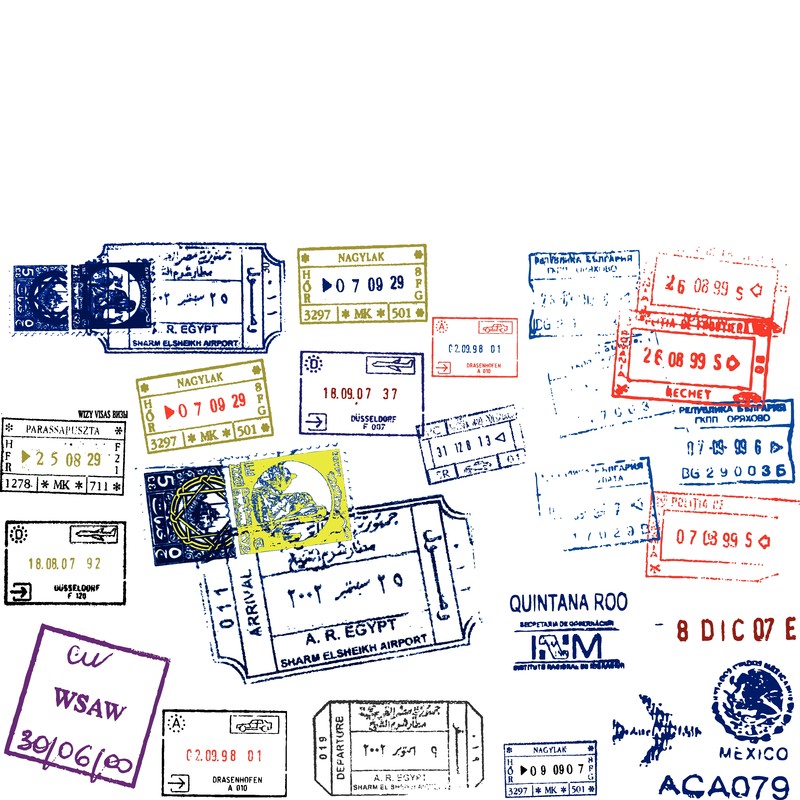Will ETIAS Approval be Mandatory?

- Posted on 20 Sep, 2020
- 0 60
Which travellers will need the visa waiver for travel to Europe’s Schengen Area
September 2020 - If you are planning travel to Europe any time in the future, it is important to note that travel authorisation will be changing for many individuals around the world. The Electronic System for Travel Authorisation (ETIAS) will be required to travel to the Schengen Area of Europe unless your travel requires a visa. For the average leisure traveler, this is a change, especially for citizens of countries who have been able to visit Europe visa-free with a valid passport.
What is ETIAS?
ETIAS, is a travel authorisation that will allow approved individuals from 61 countries (including the US, Canada and Australia) to travel to much of Europe visa-free. The Schengen Zone comprises 26 countries, most of which are members of the European Union. Travelers will apply for ETIAS authorisation―which will allow travel with a 90-day limit―to and across borders in the Schengen area.
Iceland, Norway, Lichtenstein, and Switzerland are included in the Schengen Area, although they are note European Union members. The micro-states of Monaco, San Marino, and Vatican City are also member states.
Is applying for ETIAS mandatory?
It depends on when you are planning to travel. The ETIAS goes into effect early 2023. So, if you are traveling to Europe before that point, you will not need to apply for it.
However, if you are traveling in 2023 once it become effective, you will need a valid passport and either, approval of the ETIAS visa waiver programme (VWP) or a VISA.
Once the visa waiver programme is effective, the days of going to Europe with just a passport will be in the past. The European Commission is instating the travel system for the sake of safety and security for travelers to and citizens of the region. An ETIAS travel authorisation is convenient alternative to a visa. Please note though, you may not be eligible for the visa waiver depending on your travel plans.
The visa waiver allows for trips with a generous 90-day limit during any 180-day period. Longer trips for instances like studying abroad, work, or long-term travel, continue to require a visa for entry into any countries (member states) in the Schengen Zone.
Why is the border entry protocol changing?

The European Union has been moving toward the ETIAS since 2016 in an effort to further secure borders and maintain a central database of all foreign nations entering the region. According to the EU Commissioner for Migration, Home Affairs and Citizenship, Dimitris Avramopoulos, “…the new ETIAS will ensure that we no longer have an information gap on visa-free travellers. Anyone who poses a migratory or security risk will be identified before they even travel to EU borders, while the travel of bona fide travellers will be facilitated.”
Essentially, the EU is minimizing the potential for individuals who pose a security risk to enter the area by performing pre-screening for travel through the data collected during the application process. The primary purpose of the application is to identify who is traveling in the area, to conduct a background check for potential risks, and to gather traveler information for a central database designed to aid law enforcement and border protection.
Where can I travel under the Visa Waiver Programme?
ETIAS will allow you ease of border travel between the 26 countries of the Schengen Area. European countries outside of the region will have their own travel requirements for entering their borders.
These include:
- Ireland, United Kingdom, Albania, Armenia, Azerbaijan, Belarus, Bosnia & Herzegovina, Macedonia, Moldova, Montenegro, Serbia, Ukraine, Russia
A few countries will join the Schengen Agreement soon include Bulgaria, Romania, Croatia, and Cyprus are not currently part of the Schengen area but will be joining the EU at some point in the near future.
When will the ETIAS system be effective?
The system was originally scheduled for late 2021 but at present, the Electronic System for Travel Authorisation is anticipated to launch in early 2023.
Once ETIAS applications are available, (in 2023) you will need either approval of the new Visa Waiver Program (VWP) or a Visa. By design, applying for the travel waiver is considerably easier and more efficient than a visa application, which requires embassy or consulate visits along with an application, interview, and other inconveniences. The application form takes about 10-20 minutes to fill out and is expected to take minutes or a few hours to process for travel approval. In extreme cases, the application process could take a period of days, but only in unusual circumstances.
The application process includes a simple background check, and authorisation lasts for three years. You can then travel the Schengen area and cross borders form one country to another freely. (but you still need your passport). Conversely, traditional visas require a longer application and an in-person appointment.
What information do I need to apply for an ETIAS waiver?
The actual application process is designed to take about 10-20 minutes and the application form can be completed on either a desktop, laptop, or mobile device from the comfort of your home. The application will include biographical personal data, occupational data, and travel queries.
- Personal data (name, birthdate, etc.)
- Contact information
- Valid passport information
- First Schengen area country of arrival
- Educational/occupational information
While the process is simple, any mistake on your application form can cause denial. It is vital that the details and biographic data are 100% correct and that all information is input accurately. Note that your passport must be valid for at least 3 months after your planned return to your home country.
Travelers will be required to first enter the Schengen area in the country as listed on their application. At that point they may travel visa-free in the area and exit from any country.
What travel authorisation do I need right now?
That depends on where you are traveling from. For example, in the United States and Canada, current travel authorisation is simply a valid passport for short-term travel (90 days in a 180-day period). Visas are required for long-term travel, including studying abroad. Sometimes proof of reason for travel (e.g. travel itinerary, school documents, etc.) is also required.
There is so much to see and do in the countries of the Schengen Zone. The ETIAS visa waiver will allow for visa-free travel to all 26 countries beginning in 2023 so be prepared. Learn about eligibility for the VWP and the ETIAS requirements based on the country of citizenship. For more details about visa-free travel to Europe visit our complete guide to ETIAS.
